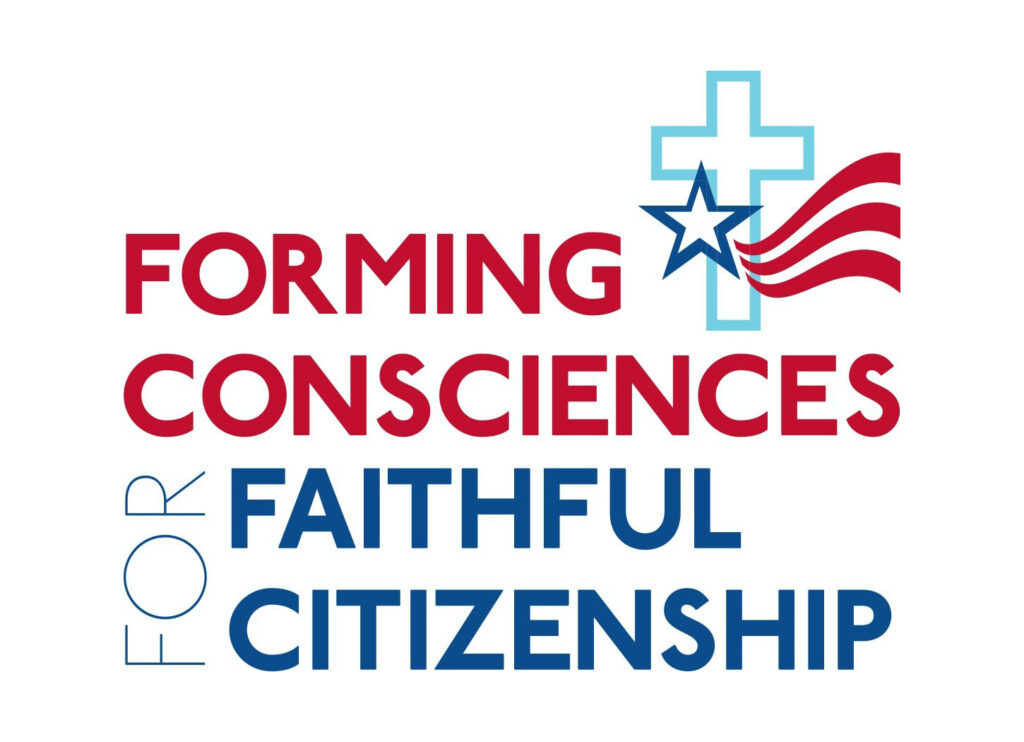WASHINGTON – As the 2024 presidential campaign cycle begins, U.S. Catholics will contemplate faithful citizenship in a rapidly changing political environment.
Though the 2024 presidential election is still nearly two years away, former President Donald Trump has already announced his candidacy, and others are likely to announce their own campaigns once Congress returns from the Christmas holiday. Democratic President Joe Biden, a Catholic, has signaled he intends to run for a second term in 2024.
At its November 2022, fall assembly, the U.S. Conference of Catholic Bishops voted to reissue its teaching document on political engagement, dubbed “Forming Consciences for Faithful Citizenship,” with some changes. First shared in 2007, “Faithful Citizenship” has been reissued every four years. The USCCB approved the current version in 2015 and reissued it with an introductory letter in late 2019.
The bishops plan to include a new introductory note, as well as some additional materials, but opted to wait to do so until after the 2024 presidential election. Some believe this decision helps reduce the updated document’s potential to be seen as an endorsement of one yet-to-be determined candidate over another.
In the current form of the USCCB’s “Faithful Citizenship,” the document states the bishops “do not intend to tell Catholics for whom or against whom to vote.”
“Our purpose is to help Catholics form their consciences in accordance with God’s truth,” the document states. “We recognize that the responsibility to make choices in political life rests with each individual in light of a properly formed conscience, and that participation goes well beyond casting a vote in a particular election.”
While the document will remain unchanged for the 2024 campaign, the American political landscape has not – even since the nation cast presidential ballots in November 2020.
In June 2022, the U.S. Supreme Court issued its ruling in Dobbs v. Jackson Women’s Health Organization, overturning its prior rulings guaranteeing abortion access as a constitutional right. In the wake of the ruling, there was a spike in vandalism of Catholic churches and pro-life pregnancy centers.
Another change has been a rise in political violence, most notably the attack on the U.S. Capitol on Jan. 6, 2021, when supporters of then-President Trump stormed the complex in an attempt to block the certification of Biden’s election, delaying that certification for several hours.
In the recent midterm elections in November 2022, Republicans won a razor-thin House majority, which will leave Biden with a divided Congress for the first time in his presidency and increase the potential for partisanship in Washington as parties and potential presidential candidates prepare for the 2024 presidential campaign cycle.
David Cloutier, an associate professor of theology at The Catholic University of America in Washington, D.C., who specializes in moral theology and ethics, told OSV News that although political circumstances may change, the Church’s teachings about how Catholics should engage with civil governments do not.
As a part of engaging with politics and civil government, Catholics are called to “vote for the candidates that you think will best foster that common good,” Cloutier said.
“The common good involves shared conditions for the flourishing of individuals and groups, so the responsibility of the government is not to actually make people happy, but to create the conditions whereby people can pursue real human development, real flourishing,” Cloutier said.
A hyper-partisan political environment often prioritizes the individual or individual groups over the common whole, he added.
Cloutier said it is also important for Catholics to remember that it can be an ethical choice to vote for what they see as the best option, rather than a perfect one.
“[Civil law] can move us in a moral direction,” he said. “But it can’t be a tool to achieve a kind of moral perfection.”

